Dallas
214-456-2768
Fax: 214-456-6898
People don’t often think of children having strokes, but some cerebrovascular diseases can cause a stroke, even in children. That’s why it’s important to recognize the signs of these diseases and know when to seek treatment for your child.
At Children's Health℠, we know how cerebrovascular diseases in children differ from those in adults. We are uniquely equipped with top-notch technology, expert providers and key partnerships to treat cerebrovascular diseases – and help prevent stroke in children.
Cerebrovascular diseases affect the blood vessels and blood flow in the brain. Although cerebrovascular diseases are rare in children, they increase the risk of brain damage and may lead to a stroke. A stroke happens when blood flow to part of the brain is disrupted by either a broken blood vessel or a blood clot.
Our specialists have expertise in diagnosing cerebrovascular diseases in their early stages and providing advanced treatment before they become life-threatening.
Cerebrovascular diseases in children include:
The main types of pediatric stroke are:
In children, symptoms of a stroke can be intense and come on suddenly. If your child is experiencing any of these symptoms, call 911 immediately.
F.A.S.T. is an easy way to remember the signs of a stroke. The acronym stands for:
If your child shows signs and symptoms of a stroke, we quickly evaluate your child so that we can begin treatment immediately. To diagnose other cerebrovascular diseases, our specialists begin with a physical exam. We ask you about your child’s medical history and signs or symptoms that you’ve noticed.
For cerebrovascular diseases and strokes, your child might need tests such as:
In many cases, the exact causes of cerebrovascular disease in children are unknown. Blood vessel conditions can also cause stroke in children. These conditions can result from the narrowing of blood vessels over time.
Some known causes of cerebrovascular diseases and strokes in children include:
At Children’s Health℠, our team has extensive expertise in all types of surgery, minimally invasive procedures and nonsurgical treatments for cerebrovascular diseases. Your child’s treatment depends on the type of cerebrovascular disease, its location in the brain or spine and other factors.
Treatment options include:
After treatment, your child will need follow-up care to monitor their health. Depending on the area of the brain affected, your child may have difficulty with movement, vision, speech or learning. Children’s Health offers comprehensive rehabilitation with speech-language, physical and occupational therapy for children who have had a cerebrovascular disease or stroke.
Our team includes pediatric neurologists, neurosurgeons and neuroradiologists who have specialized training and experience in cerebrovascular disease and stroke. We focus on treating the conditions, their causes and their symptoms to help your child recover and avoid future strokes.
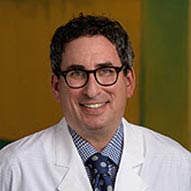
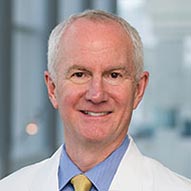
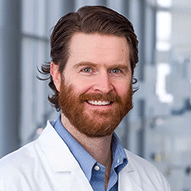
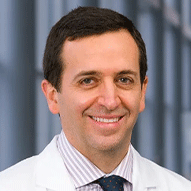
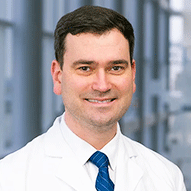

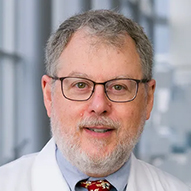

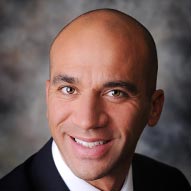

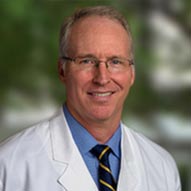
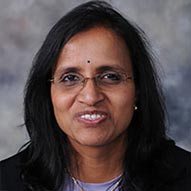

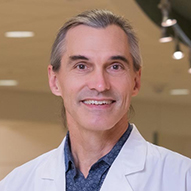
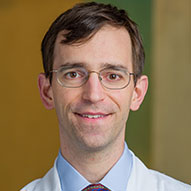

A stroke affects each child differently, and your child’s recovery depends on:
After treatment for a stroke, your child will stay in the hospital for a few days or longer, until their health stabilizes. Follow-up care and rehabilitation are important to support their recovery and development throughout childhood. In many cases, children recover better than adults do after a stroke because their brains are still developing.
In some cases, the effects of a stroke may appear gradually and each child’s experience is different. But unless your child has a stroke at birth, stroke symptoms are usually the most pronounced at when the stroke starts. Depending on the part of the brain affected, your child might need rehabilitation and other support, including:
If your child has a cerebrovascular disease, our team will develop a custom care plan to help prevent a stroke. For the condition and its causes, your child may need medication, minimally invasive procedures or surgery. Keep your pediatrician informed about any signs or symptoms you notice in your child and any changes in your family medical history.